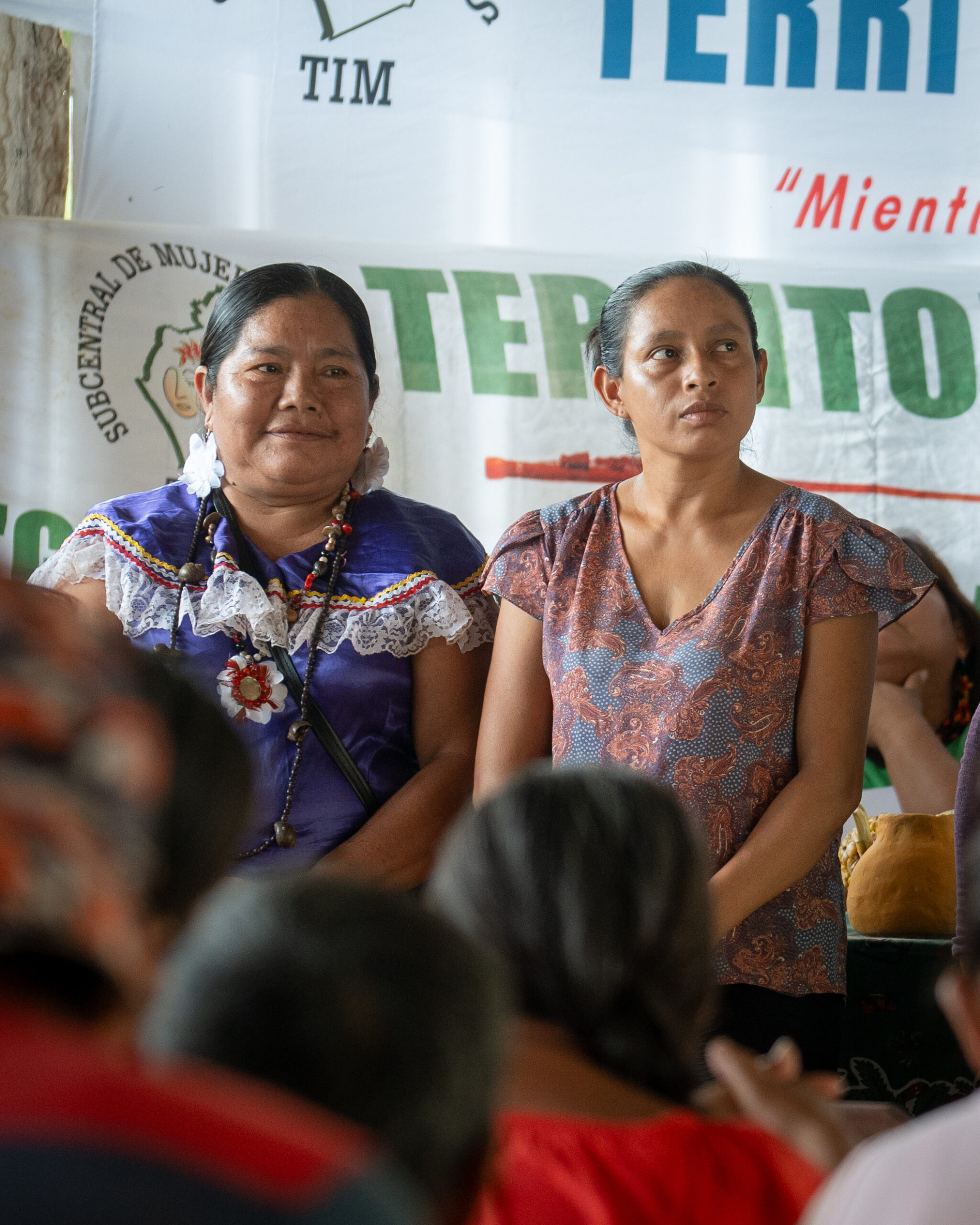Consolidating territorial tenure in the Bolivian Lowlands
Ongoing
From:
01/03/2023
To:
28/02/2028
Partners:
National Confederation of Indigenous Women of the Amazon, Chaco and Chiquitania of Bolivia (CNAMIB)
Stakeholders:
18,055 people in 248 communities
CNAMIB is working with six indigenous organisations to consolidate their territorial rights and governance in more than 2 million hectares of tropical forests and lands. Partners are submitting claims to the government authorities to obtain land titles and formal recognition of autonomous territorial governments. These territories overlap with or border 5 million hectares of protected areas. There is a strong capacity-building component in the project, which emphasises the inclusion of indigenous women and youth in community leadership, decision-making and forest conservation. It is noteworthy that an indigenous women’s organisation is the project’s main partner.
To read a brief overview of Bolivia, click here.

Project Overview
The project aims to contribute to ensuring indigenous territorial tenure and promoting the exercise of indigenous autonomy in the Bolivian Lowlands.
Indigenous Peoples constitute much of the Bolivian population, yet the lowland Indigenous Peoples are a minority and face especial exclusion and discrimination. This project is born out of a long-standing historical struggle that is symbolized by the march “For Territory and Dignity” organised by lowland Indigenous peoples in 1990. This struggle for recognition of territory, the right to self-determination and the exercise of autonomy continues.
The project will specifically ensure that Lowland Indigenous communities:
- Complete pending titling processes and initiate new territorial consolidation procedures.
- Achieve consolidation and recognition of the autonomous governance processes in progress.
- Together with Indigenous women’s organisations have strengthened networks, exchanges and greater capacities to consolidate territorial management.
- Have strengthened defence and governance of their territories by promoting the active participation of young people.
These efforts combined will achieve more collective land titling, enable Indigenous territorial organisations to exercise autonomous governance of their territories and their forests with greater recognition of women’s contributions and rights in integral territorial management. Upon completion of the project Lowland Indigenous Peoples in Bolivia will have more secure land and forest tenure.